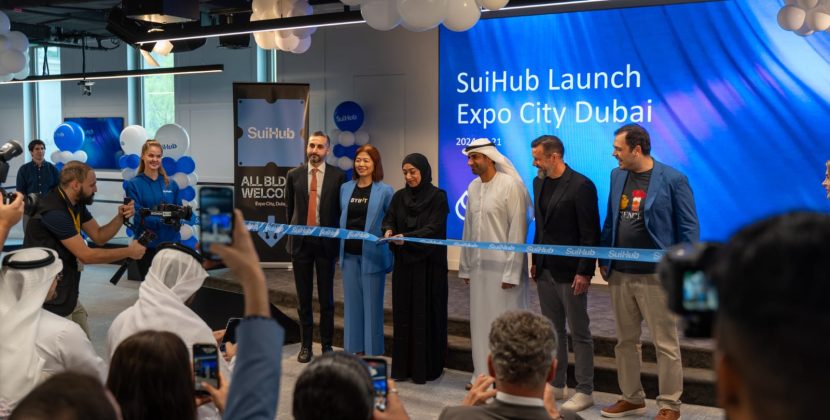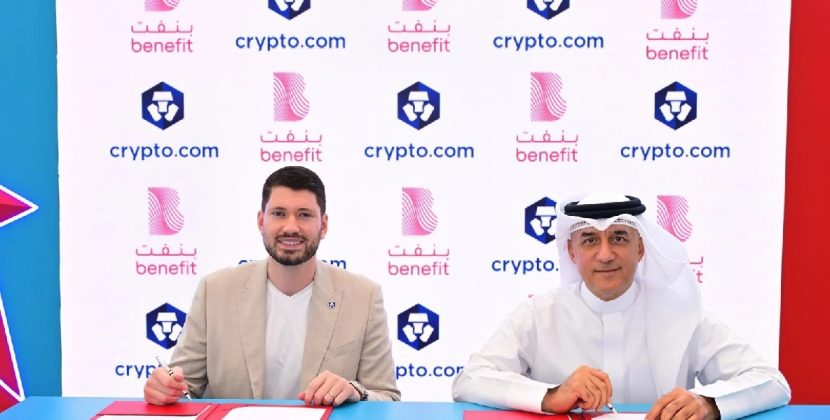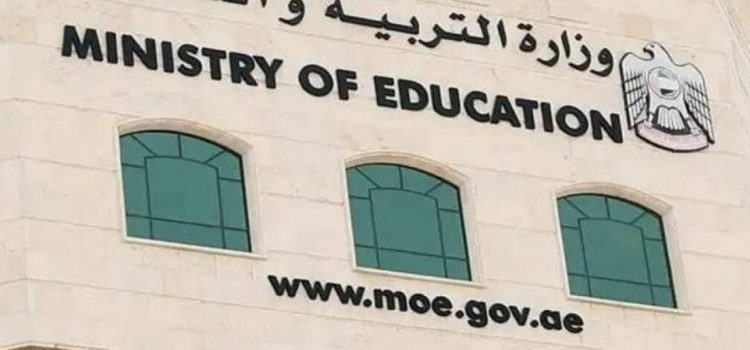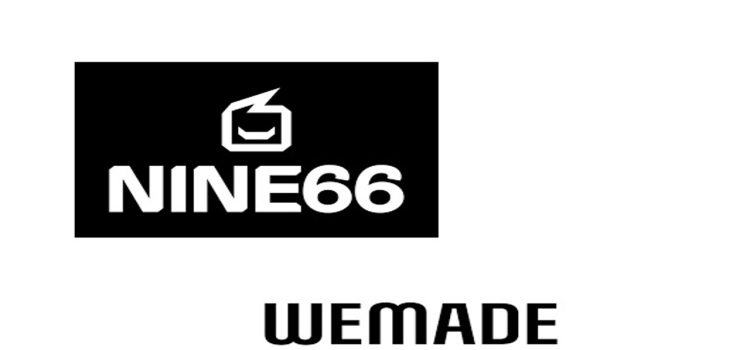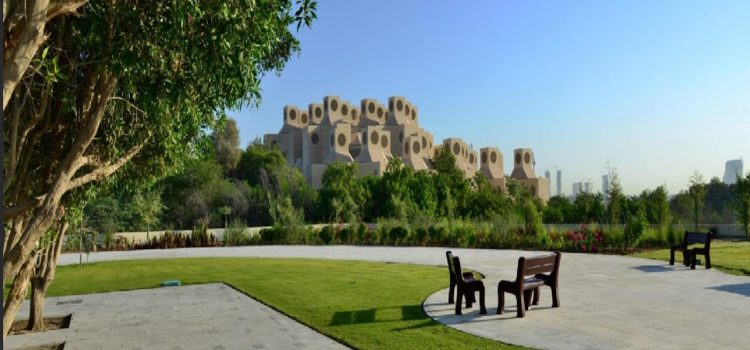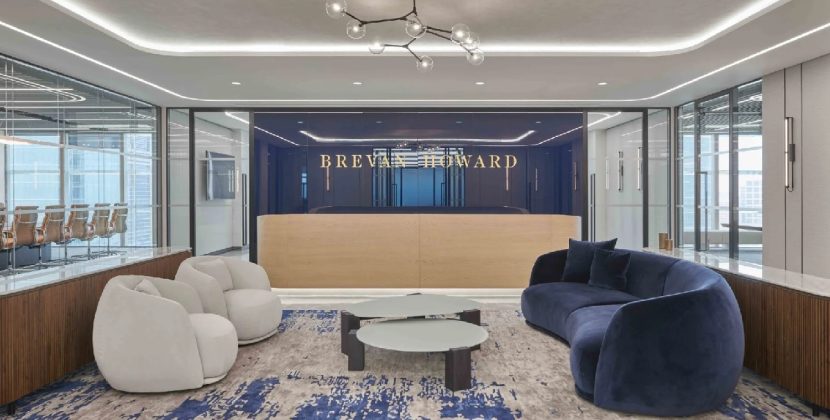
UAE Ministry of Education (MoE) has launched the blockchain enabled “automated attestation” service to make it easier for university graduates to get their certificates verified quickly.
All attested university certificates will be provided through the blockchain-powered UAE Pass app, in cooperation with the Telecommunications and Digital Government Regulatory Authority (TDRA), enabling students to access their attested certificates in a faster and more reliable manner.
During the first phase, six licensed universities, comprising almost 11,000 students, will benefit from the new service.
According to WAM news agency the announcement was made during a press conference attended by Dr. Ahmad Belhoul Al Falasi, Minister of Education; Dr. Mohammed Al Mualla, Under-Secretary for Academic Affairs of Higher Education at Ministry of Education, and representatives from UAE-based media outlets.
Certificates issued by UAE-based higher education institutions (HEIs) can now be attested in less than an hour. The service will facilitate graduates’ transition to the workforce or help them complete their education locally or abroad.
Dr. Al Falasi noted the “automated attestation” service is a proactive digital service that aims to make the attestation process faster and simpler for students. It ensures that the final outcome meets the quality standards set by the UAE Digital Government Strategy. This initiative aligns with the Ministry’s goal to improve the higher education system, which plays a crucial role in creating a knowledgeable society with global competence.
He said, “We, at the Ministry of Education, seek to harness cutting-edge technological solutions to boost the efficiency of our services, to help students contribute to the UAE’s comprehensive and sustainable development. We will keep using technology to enhance different parts of the education system, establishing the UAE as a top educational destination for students and the home to excellent educational institutions.”
The six licensed Universities included in first phase are the United Arab Emirates University; Mohammed Bin Rashid University Of Medicine and Health Sciences; Khalifa University of Science and Technology; the University of Sharjah; Zayed University; and the American University of Sharjah. In the second and third phases, the service will be made available to all licensed HEIs in the country by 2024.

